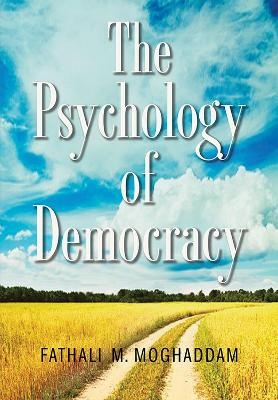Where democracy thrives, it seems far and away the best system of governance. Yet, relatively few countries have managed to transition successfully to democracy, and none of them have attained what Fathali Moghaddam calls ""actualized democracy,"" the ideal in which all citizens share full, informed, equal participation in decision making.
The obstacles to democratization are daunting, yet there is hope. What is it about human nature that seems to work for or against democracy?
In The Psychology of Democracy, Moghaddam explores political development through the lens of psychological science. He examines the psychological factors influencing whether and how democracy develops within a society, identifies several conditions necessary for democracy (such as freedom of speech, minority rights, and universal suffrage), and explains how psychological factors influence these conditions. He also recommends steps to promote in citizens the psychological characteristics that foster democracy.
Written in a style that is both accessible and intellectually engaging, the book skillfully integrates research and an array of illustrative examples from psychology, political science and international relations, history, and literature.
- ISBN13 9781433820878
- Publish Date 15 December 2015
- Publish Status Active
- Publish Country US
- Imprint American Psychological Association
- Format Hardcover
- Pages 256
- Language English
